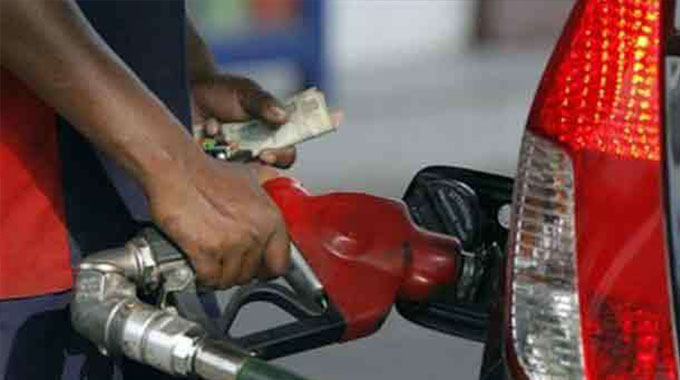
The petroleum industry, at home and abroad, is notoriously secretive, and sometimes criticised for underhand activities.
Given the pivotal nature of the industry to nations’ economic wellbeing and the immense power that the sector resultantly holds, some of the activities are often tolerated lest an industry so central to economies can get angry and be tempted to hit back.
We have, multiple times, published stories on these pages of some local retailers doing bad business. The other day we reported that fuel companies are importing petrol and diesel into the country at lower prices and instead of selling the fuel locally, are exporting it into other countries in the region where they sell it for higher prices. On Thursday last week, our sister paper, The Herald carried a front page story that indicated that retailers were hoarding diesel and petrol in a bid to arm-twist authorities to increase the pump price. It was reported that the retailers received 20 million litres of diesel and nine million litres of petrol in the prior week but they withheld both products.
Redan got almost 2,4 million litres of diesel, Billheights (Trek) 857 503 litres, Engen 1,8 million litres, Zuva 272 498 litres, Total 2,2 million litres, Petrotrade 1,1 million litres, and Pickglow (Glow) 886 646 litres.
For petrol, Redan got 1,6 million litres, Trek 34 526 litres; Engen 29 038 litres, Zuva 531 288 litres, Total 2,5 million litres, Petrotrade 546 291 litres and Glow 605 001 litres.
However, much of the fuel was not sold. This meant that the scarcity of the commodity continued and long queues at fuel stations remained.
On Saturday, we reported that many retailers were selling the products in foreign currency despite having paid for it locally using local currency. Some are known to openly sell a few hundred litres of petrol and diesel and declare both finished only to later secretly divert the bulk of them to the black market where prices are charged in foreign currency.
These and other malpractices have for a long time become synonymous with the local petroleum sector.
As these happen, the motoring public suffers. They wait for long periods on queues or are forced to source foreign currency to be able to buy petrol of diesel at the pump or on the black market. To save themselves the trouble of spending much time looking for fuel or having to spend foreign currency which they don’t have buying the commodity, some have simply parked their vehicles to become regulars on Zupco.
“Very soon there will be order in the fuel sector,” Energy and Power Development Minister Fortune Chasi told Chronicle last week.
“We can’t have people accessing foreign currency from the Central Bank and then go on to sell fuel anyhow. For those that don’t comply I will simply take their licences and tear them up because we can’t have our people being punished by unscrupulous dealers. – Government has expressed concern in the past regarding that type of conduct and yesterday the Ministry (Finance) expressed itself in very strong terms in terms of saying to those that are engaging in malpractices that we will de-license them because we can’t have profiteering people. We understand that they are businesspeople and must make money but when they become such a huge drag around the neck of the public, we will take decisive action through Zera (Zimbabwe Energy Regulatory Authority). – We will take action; we will be getting updates and Zera is working around the clock to ensure that there is total compliance with the law.”
Indeed, the bad practices in the fuel sector have gone on for too long thus the time to apply the law has arrived.
We are sure that the companies that are smuggling fuel into the region, those that are withholding supplies and those that are diverting it to the illegal market all to create an artificial shortage of the product appreciate that the Government has warned them more than enough times. They have heard the message but have not departed from their unethical, criminal ways. We say the necessary sanctions must now follow. Yes, it is appreciated that businesses exist to deliver services for profit but their activities must be undertaken within the confines of the law.
On the other hand, ordinary citizens would want to see the sanctions being visited upon businesses that have made their lives so difficult. They want to see operating licences being withdrawn, as Minister Chasi warned last week, from fuel retailers who are breaking the law almost with impunity.
We can confidently state that citizens will support whatever corrective action the Government will take for more order and responsible business to return to the petroleum industry.
